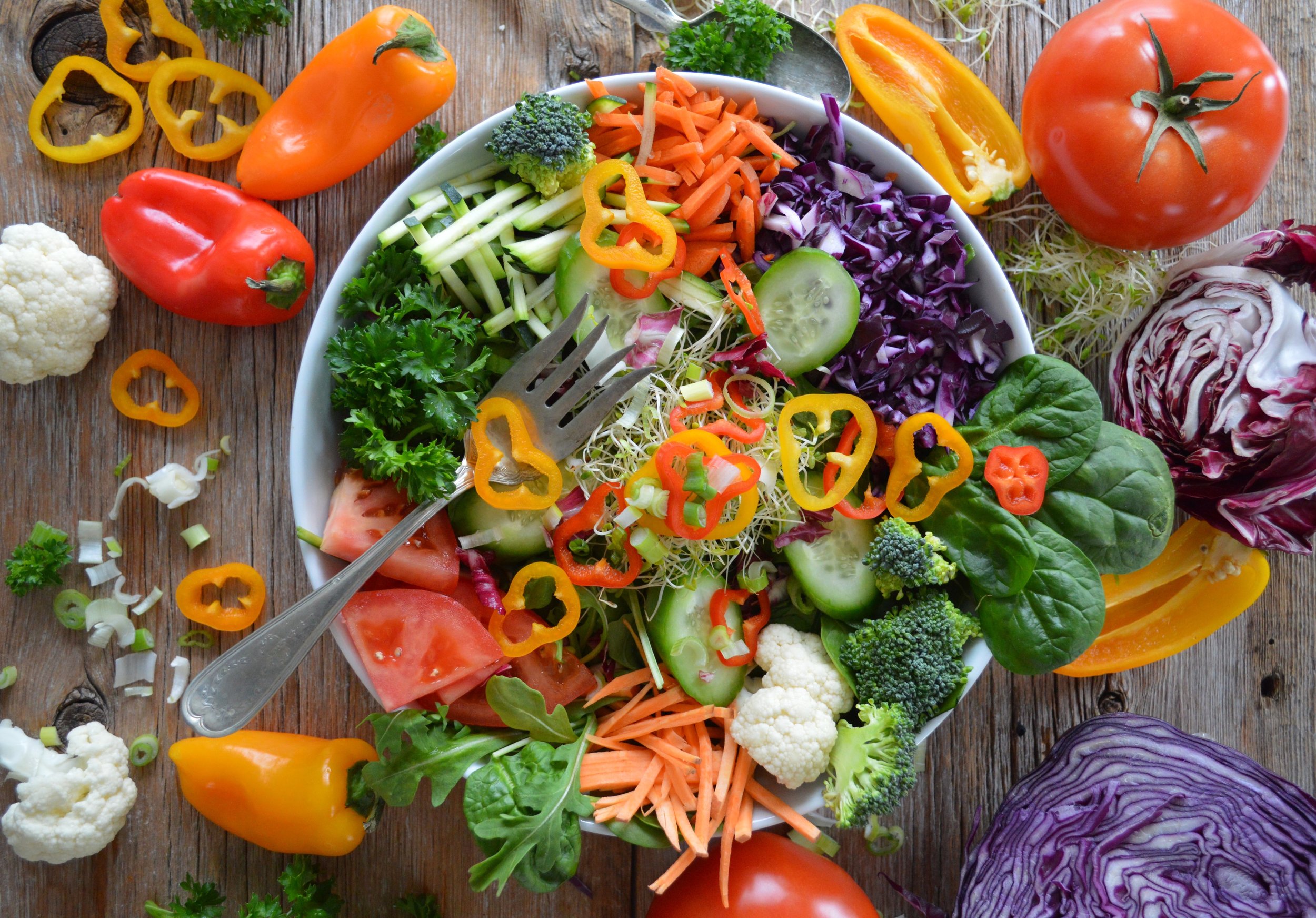The Culinary Versatility of Raw Almonds
/Are Almonds Nuts?
Almonds are all the rage these days in the food world. But did you know that they are not actually nuts? Botanically, almonds are stone fruits and are closely related to peaches and plums. We eat the kernel inside the hard shell.
When I was a kid, we would often remove the shell to get to the kernel inside. Nowadays our culture prizes convenience over authenticity. So it’s easy to forget that almonds do not actually grow in cellophane packaging! But what I find fascinating about almonds is that they are really just raw inputs into an entire world of culinary versatility.
What’s The Best Way To Eat Almonds?
There are many ways to consume almonds. Some of our favorites include:
As a snack: Soak overnight and then dehydrate (or oven-dry) to eat as a part of a homemade trail mix
As a beverage: Pulverize into almond milk
As a garnish: Top off a salad with slices, flakes or slivers
In schnitzel: Add (in the form of flour or meal) to make the coating for chicken schnitzel
In matzo balls: Roll (in the form of flour or meal) into matzo balls
As a dessert: Mix (in the form of flour) into a batter to make a honey cake
As a gluten-free bread substitute: Mix (in the form of flour) into a dough to make a delicious bread loaf
As a spread: Spread (in the form of nut butter) onto celery sticks or apples (Fuji or Gala taste the best!)
Early in the growing season, some cultures also have a custom of eating green almonds. These are really just the immature fruit (including the fuzzy outer hull), harvested before it has had a chance to harden.
How Do You Store Almonds?
Like nearly all nuts and nut-like foods, almonds are high in a variety of fats and oils. The high oil content creates two issues:
They are particularly efficient at absorbing pesticides. Therefore, they should be purchased organic whenever possible.
They are susceptible to going rancid fairly quickly due to heat and light. Therefore, they should be stored in an airtight container in a cool, dry place, away from heat sources. We prefer to store ours in the freezer but a fridge works just as well. Furthermore, once they've been soaked and dehydrated, they must be stored in the fridge or freezer.
What are some of the ways that you use almonds in your diet?



